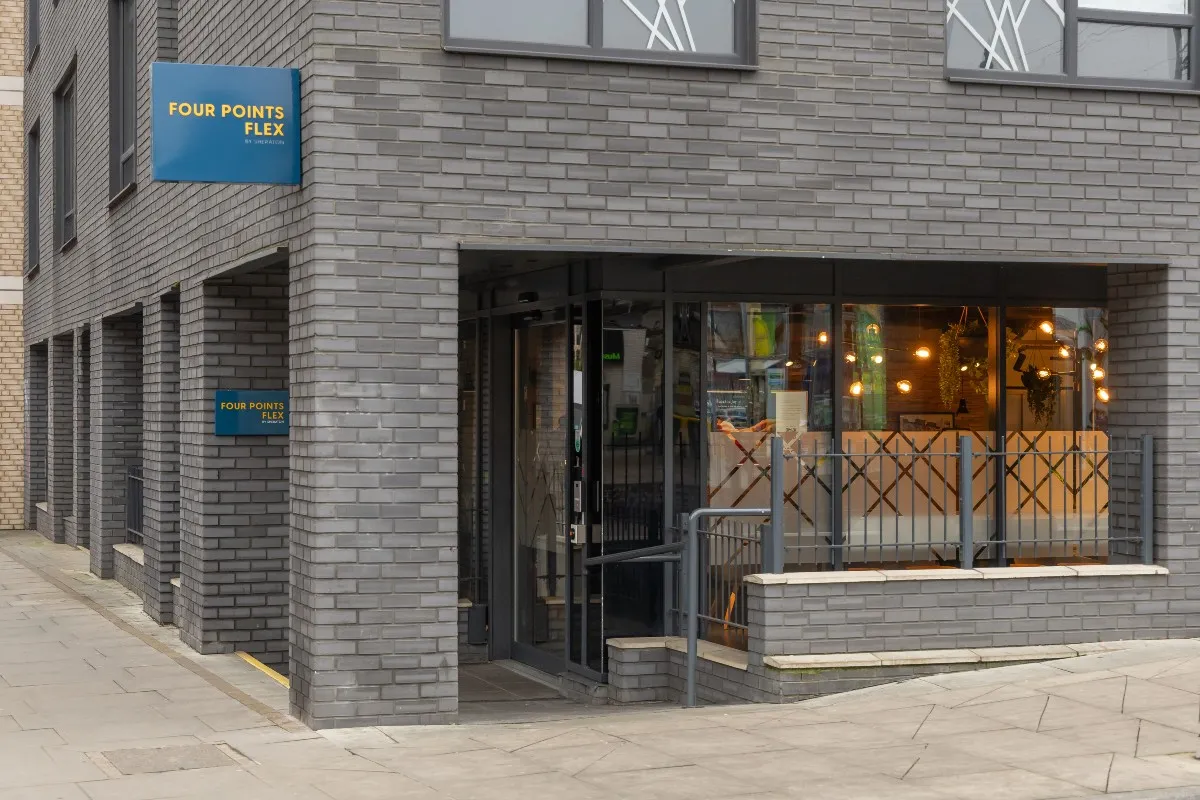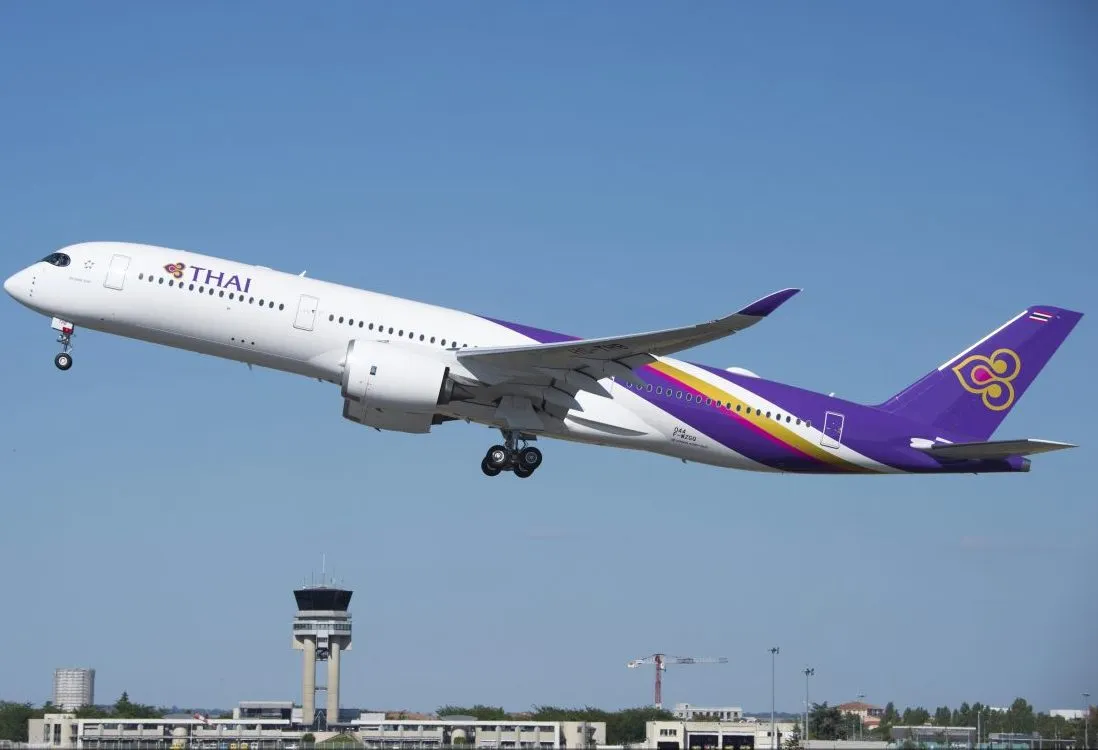Alitalia's Plan to Save Itself Includes Teaming Up With Delta and Air France-KLM
Skift Take
With beleaguered Italian airline Alitalia expecting more stable ownership by next month, it is focused on joining a new joint venture with Delta Air Lines, Air France-KLM, and Virgin Atlantic, buying back its loyalty program from Etihad Airways, and winning more corporate and high-end leisure customers, its chief business officer said Wednesday in an interview in New York.
The new controlling owner is likely to be Italy's national railway, Ferrovie dello Stato, which is seeking other investors to join it, Alitalia’s Fabio Lazzerini said. Reuters on Wednesday reported EasyJet and Delta Air Lines could be involved, and both had earlier expressed interest, before the commissioners temporarily leading the airline chose the railway as their preferred bid.
"It should be completed by the end of January," Lazzerini said. "They have an interest in finding an industry partner to help them run the company. The indication is that this should happen. The progress which has been done in the past weeks has been quite positive."
Alitalia has been in administration — Europe's version of bankruptcy — since last May, when Etihad Airways, which had owned 49 percent of it, walked away. Rather than let the once dominant carrier go bust, as some had recommended, the Italian government stepped in, providing a 900 million euro ($1.02 billion U.S.) bridge loan to keep it operating until the administrators could find a buyer. There is some question the loan, which had been due this month but now must be repaid by June, could constitute illegal state aid under European law.
Transatlantic Joint Venture
With some clarity on its future, Alitalia now expects to rejoin Air France-KLM and Delta Air Lines on a transatlantic revenue-sharing agreement as an "associate member," Lazzerini said, a term he did not define.
Alitalia has long had anti-trust immunity with the two airlines, using it to coordinate schedules and fares across the Atlantic, making it a more powerful transatlantic airline that it would be on its own, But Delta and Air France-KLM plan to drop their old joint venture next year and enter a new one, adding Virgin Atlantic. Reports indicated Alitalia might not join the joint venture, or JV.
That made some sense then, as Lufthansa Group, which belongs to a rival joint venture with United Airlines, had said it was interested in Alitalia. But with Alitalia likely to continue as a independent company it plans to rejoin the other carriers, Lazzerini said
"We are negotiating with Delta and the rest of the JV our participation in the new JV, where we have absolute intention of continuing to be and they have complete intention to keep us," he said. "We are going to continue to have a joint venture with them, for sure.
Leaving the joint venture could have been a major hit. The three transatlantic joint ventures — the third includes British Airways and American Airlines, control the vast majority of transatlantic market share. Some airlines compete independently, but those carriers, which include SAS and Lot, the Polish airline, often struggle against their better organized competitors.
"For us, this joint venture is more than strategic,” Lazzerini said. "It is the way to serve the North American market and it is also the way to be as close as possible to the partners with which we share a lot of projects."
Frequent Flyer Program
As a consistently loss-making European airline, Alitalia has been in tricky fiscal situations before. The last time, in 2014, it was saved by Etihad, which spent 387.5 million euros for a 49 percent share. That included 112.5 million euros for a 75 percent interest in Alitalia Loyalty, the airline's frequent flyer platform.
But even though Etihad left its overall investment, saying it could no longer afford to guarantee Alitalia’s losses, it retains majority ownership of the frequent flyer program. On Wednesday, Lazzerini said Alitalia is on the cusp of getting it back.
"It's basically final," he said. "We are taking back the program."
Lazzerini said the airline will “completely" redesign it, moving from a miles-based system to one based on revenue, so customers who buy expensive tickets will earn big rewards, while others will not.
In addition, he said, redemptions will be based on ticket price, rather than flight length. That means the airline will have better availability for customers, albeit at higher prices during peak periods.
"We will be able to offer to frequent flyer customers every single seat on every single flight on every single day," he said. "Of course, if you want to fly on Christmas to Maldives, it will be more miles than if you want to fly on the third of November when nobody wants to go.
Turnaround Effort
Earlier Wednesday, Lazzerini briefed journalists on what he said was the carrier's impressive 2017 turnaround, pointing to a 7.1 percent increase in revenue so far this year, along with a tiny (two million euros) profit for the summer quarter.
"You can cut all the possible costs you can but if you don’t start growing revenues again you will never be able to recover the company," he said. "You cannot shrink under a certain level because otherwise you will not be able to catch up again."
As the summer is typically by far the strongest quarter for European airlines, the profit was not a particularly robust result, but Lazzerini called it a start, and perhaps an endorsement of the company's recent measured growth and strategy change.
Rather than simply trying to fill its airplanes at all costs, often selling tickets to groups at cut-rate prices, Alitalia is now focused on selling higher-priced tickets to individuals and corporations. It has seen some success by branding its flights from Milan Linate to London City, as Alitalia Shuttle. It has also improved its revenue quality, he said, by overhauling pricing strategy on existing routes such as Milan and Rome to Tokyo and cutting Rome-Beijing.
But there is more work ahead. Under former ownership, the carrier showed “a typical losing mentality,” Lazzerini said, when it retreated when other airlines entered its markets. Over time, that had drastic consequences, and last year Ryanair was Italy's biggest airline by share.
Lazzerini said "synergy" with the national rail company could help Alitalia against short-haul operators, with fast trains shuttling passengers to its hubs, where the airline could fly them on long- and medium-haul routes, such as Alitalia's new Washington Dulles to Rome flight.
But that might be wishful thinking, Brett Snyder, an airline analyst, wrote in a recent blog post. He said rail-company ownership likely will not save the airline, and noted that even if Alitalia solves its short-haul issues, it still must compete with new entrant Air Italy, a Qatar Airways funded carrier with a hefty transatlantic route network from Milan.
"It makes no sense and wouldn’t help the airline survive in the long run," Snyder said. "That being said, it would be the biggest win for national pride."




